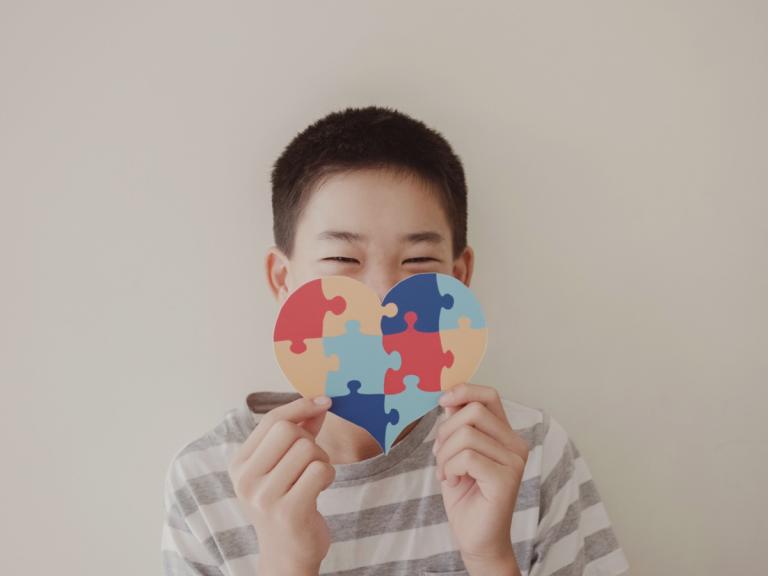
A new study has found that a significant share of children with autism tend to “outgrow” the disorder within a few years of diagnosis. Boston Children’s Hospital researchers followed 213 children diagnosed with autism spectrum disorder, or ASD, as toddlers between 12 and 36 months old.
By the time they were 5 to 7 years old, almost four out of 10, or 37 percent, of the children no longer met the criteria for an autism diagnosis, according to the Diagnostic and Statistical Manual of Mental Disorders. According to the study findings, female children were more likely to no longer meet the criteria, as were those with “higher baseline adaptive skills.” The results were published in JAMA Pediatrics. The Boston Children’s press release states that higher baseline adaptive skills refer to everyday capabilities like self-care, communication, and decision-making.
All the children in the study who outgrew the diagnosis also had an IQ of at least 70. The hospital noted that these findings highlight the need for ongoing evaluations. Dr. Elizabeth Harstad, attending physician in developmental medicine at Boston Children’s Hospital and the study leader, said, “The key takeaway of this study is that some children diagnosed with autism spectrum disorder at a young age may not continue to meet the criteria a few years later. This information is important for parents to know so that they are aware that their child’s development should continue to be monitored over time.”
Harstad also noted that development will continue to evolve for children, adding, “So even if a child doesn’t meet ASD criteria at 6 years old, there may be other areas of functioning that need support and monitoring at that age, and the child’s development should continue to be monitored in the future.” The release said that each child in the study received interventions or treatments, primarily behavioral analysis, after the initial autism diagnosis.
Dr. William Barbaresi, chief of developmental medicine at Boston Children’s, said, “It is possible that children who no longer have autism at age 6 may have responded better to treatment than children whose autism persisted. The findings of the study should cause a very frank reconsideration of the need for far more research to understand if current treatment for autism is working or if major new efforts to develop treatment approaches are needed.” Dr. Jennifer Accardo, a developmental pediatrician at Children’s Hospital of Richmond at Virginia Commonwealth University, wasn’t involved in the study but said she was intrigued by the findings, though not entirely surprised.
She said, “There is previous work that suggests the same children may drift in and out of meeting [the] criteria for autism. Many children on the autism spectrum develop more connectedness and decrease some of their rigid, repetitive behaviors as they mature.” Accardo said she has rarely seen children outgrow autism to the point that they are indistinguishable from typically developing peers, but that could be because clinicians usually see children for initial evaluation or ongoing problems.
For patients with autism, Dr. Oana de Vinck-Baroody said it’s essential that children receive comprehensive care and follow-up. She said, “Autism is a condition that often has comorbidity with other developmental, behavioral and/or medical conditions, and it is essential that a whole-child approach is engaged to address all socioemotional, developmental and medical needs.”
